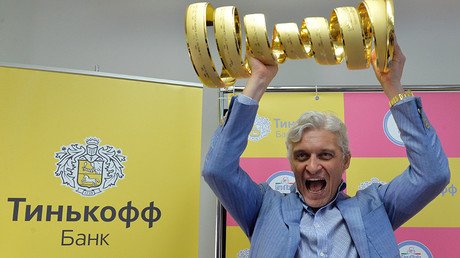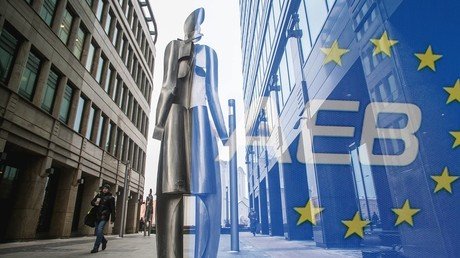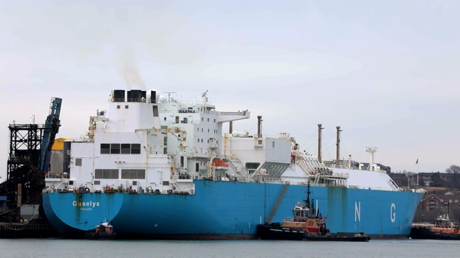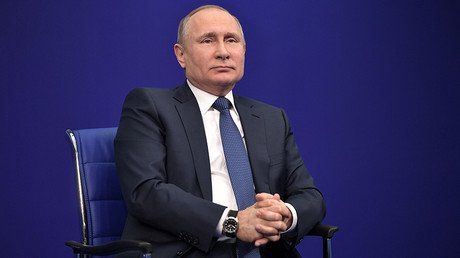US Treasury’s blacklist could provide a huge boost for Russia’s budget
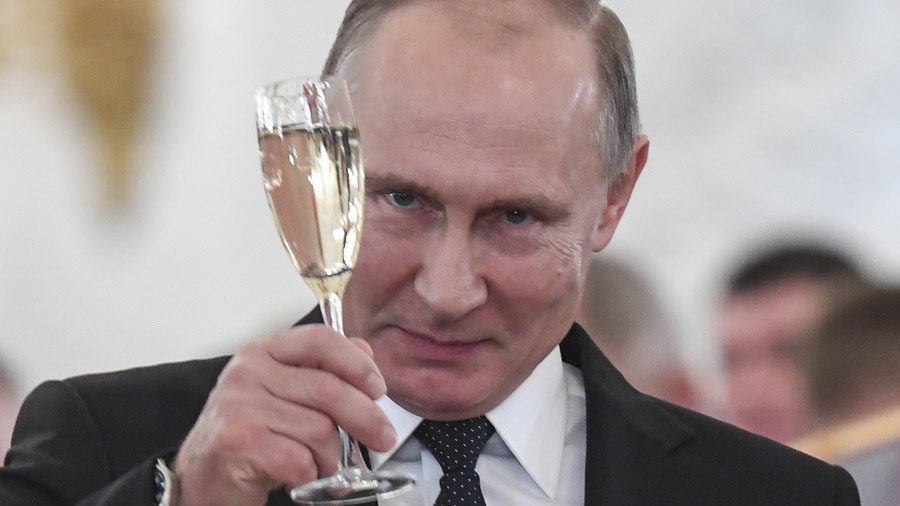
Russian billionaires could soon be forced to bring their capital home. While the US Treasury’s ‘Kremlin List’ does not imply sanctions yet, it may be a signal that wealthy Russians could lose their money abroad.
“The return of capital to the country began a few years ago when Russian citizens began to lose assets abroad, and foreign governments did not always follow the law. This has already led to the consolidation of rich people around the country’s leadership,” Gleb Zadoya, head of analytics at Analitika Online, told RT.
Sanctions and pressure in the West do not necessarily mean that capital will return to Russia, as there are other markets like India and China, and this is why the Russian government offers its tycoons capital amnesty, low taxes, and other benefits. And if the sanctions continue for at least one year more, “Russia will have the opportunity to use ‘external’ investments,” if the necessary infrastructure is created by both business and government, Zadoya said.
“Most likely, citizens who are on the Kremlin List will at least think about returning capital to Russia or other jurisdictions in order to protect themselves if the Americans begin to impose real restrictions. Moreover, Russia has special tools that would allow the oligarchs to bring their money back into the country. These are confidential bonds, designed for the return of money back into the country,” Forex Optimum analyst Ivan Kapustiansky said.
If wealthy Russians decide to keep their assets and capital abroad, they risk losing them forever, according to Sergey Kostenko, an investment analyst at Global FX. It’s one thing when you go somewhere else to spend money; it’s quite another thing when you try to become part of the local elite, he added.
“Assessing the potentially gloomy prospects, we can say that a significant part of the capital will return to their homeland with a high degree of probability. There will be bargaining with the authorities on the terms, but in the end it will be done, not because it is desirable to do so, but because there will be no choice,” Kostenko said.
There is also a point of view that the ‘Kremlin List’ will hardly change anything, as it doesn’t come out of the clear blue sky.
“Most likely, some measures have already been taken, because the first sanctions were introduced almost four years ago. It was obvious that the sanctions are here to stay, given the positions of Russia and the US on Crimea; it is possible they are forever. The ‘Kremlin List’ was announced six months ago; why wait for it? It is better to take care of everything in advance. Some rules will change, but, most likely, we should not expect any massive return of capital to Russia,” Teletrade financial consultant Mikhail Grachev said.
Mikhail Mashchenko, an analyst at a social network for investors in Russia and the CIS – eToro – says the new list does not imply sanctions yet.
“There are no specifics on this list, and it is likely that those wishing to continue their life abroad can find loopholes. It is unlikely that such a broad list will be subject to stringent restrictions and it is possible that in the future it may be reduced,” he said.
For more stories on economy & finance visit RT's business section
